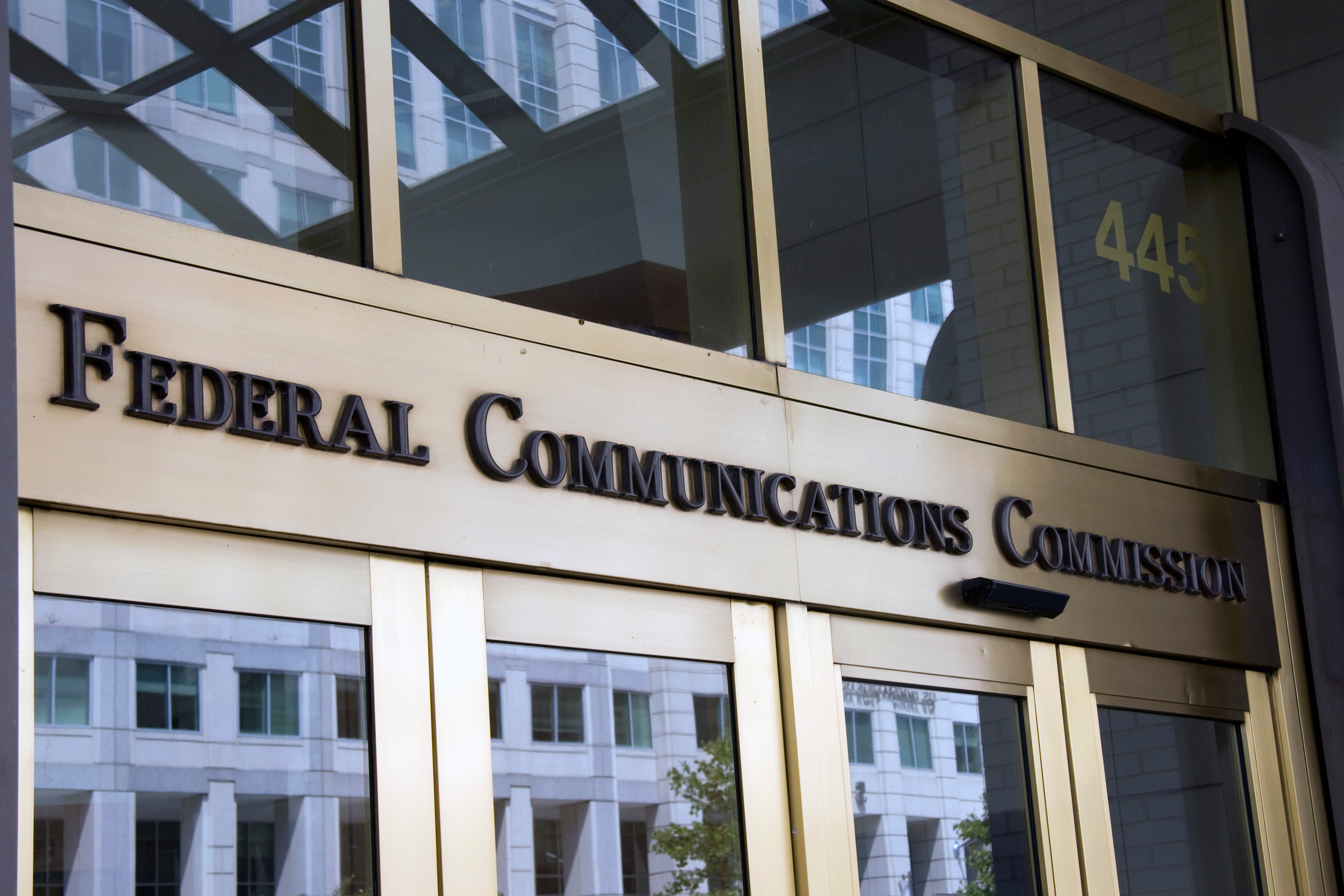FCC Grants TerreStar Medical Telemetry Service Waiver

The smarter way to stay on top of the multichannel video marketplace. Sign up below.
You are now subscribed
Your newsletter sign-up was successful
The FCC has granted yet another COVID-19-related waiver, this one to make sure "traditional" healthcare facilities have the spectrum capacity to meet the "surge" in telemedicine demand.
The FCC's Wireless Telecommunications Bureau Thursday (April 30) has granted a conditional waiver to TerreStar to offer wireless medical telemetry services (WMTS). It will also allow for the development and use of monitoring services in "nontraditional" settings outside of a hospital.
Related: FCC Approves More Telehealth Funding
“This limited waiver will provide an opportunity to expand spectrum available for critically needed services while avoiding costly interference at a time when we cannot afford it," said FCC chairman Ajit Pai. "This should put us in a better position to face future medical challenges.”
The FCC acknowledged that in 2017, the bureau found that TerreStar had not met the requirements to use the spectrum it had been licensed. But it said that after it reviewed information in petitions for reconsideration by TerreStar, as well as the American Society for Healthcare Engineering of the American Hospital Association, GE Healthcare, and Philips Healthcare, as well as TerreStar's commitment to provide free medical telemetry and frequency coordination services outside of healthcare facilities in any future crisis, it concluded the conditional waiver was warranted--conditioned on TerreStar only uses the spectrum for medical telemetry.
"A primary responsibility of the FCC is to ensure that spectrum is put to its best use by licensees for the benefit of the American people," said the bureau. "Today’s action will allow the spectrum to be used in a way that will result in substantial public interest benefits."
“It’s important that we do what we can to support telehealth and the tools used by health care professionals during this health crisis,” said Pai in a statement. “This limited waiver will provide an opportunity to expand spectrum available for critically needed services while avoiding costly interference at a time when we cannot afford it. This should put us in a better position to face future medical challenges.”
The smarter way to stay on top of the multichannel video marketplace. Sign up below.
Contributing editor John Eggerton has been an editor and/or writer on media regulation, legislation and policy for over four decades, including covering the FCC, FTC, Congress, the major media trade associations, and the federal courts. In addition to Multichannel News and Broadcasting + Cable, his work has appeared in Radio World, TV Technology, TV Fax, This Week in Consumer Electronics, Variety and the Encyclopedia Britannica.

